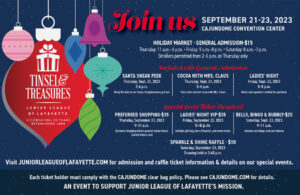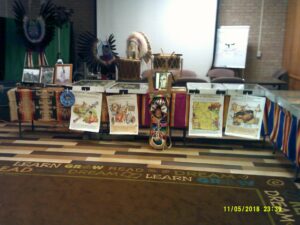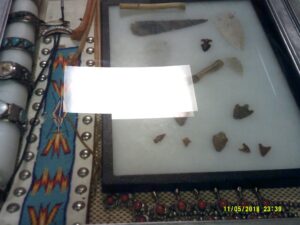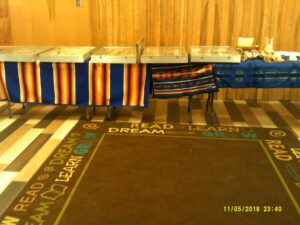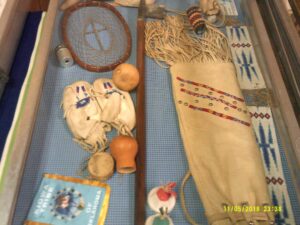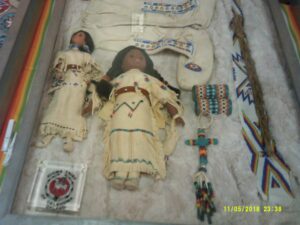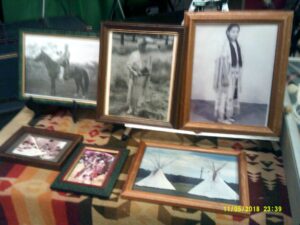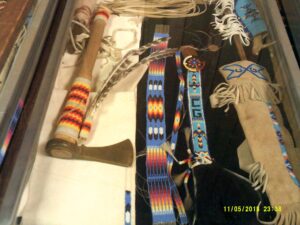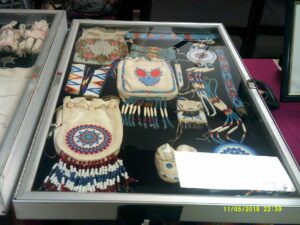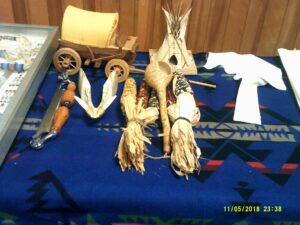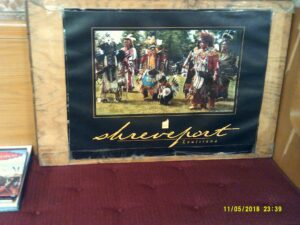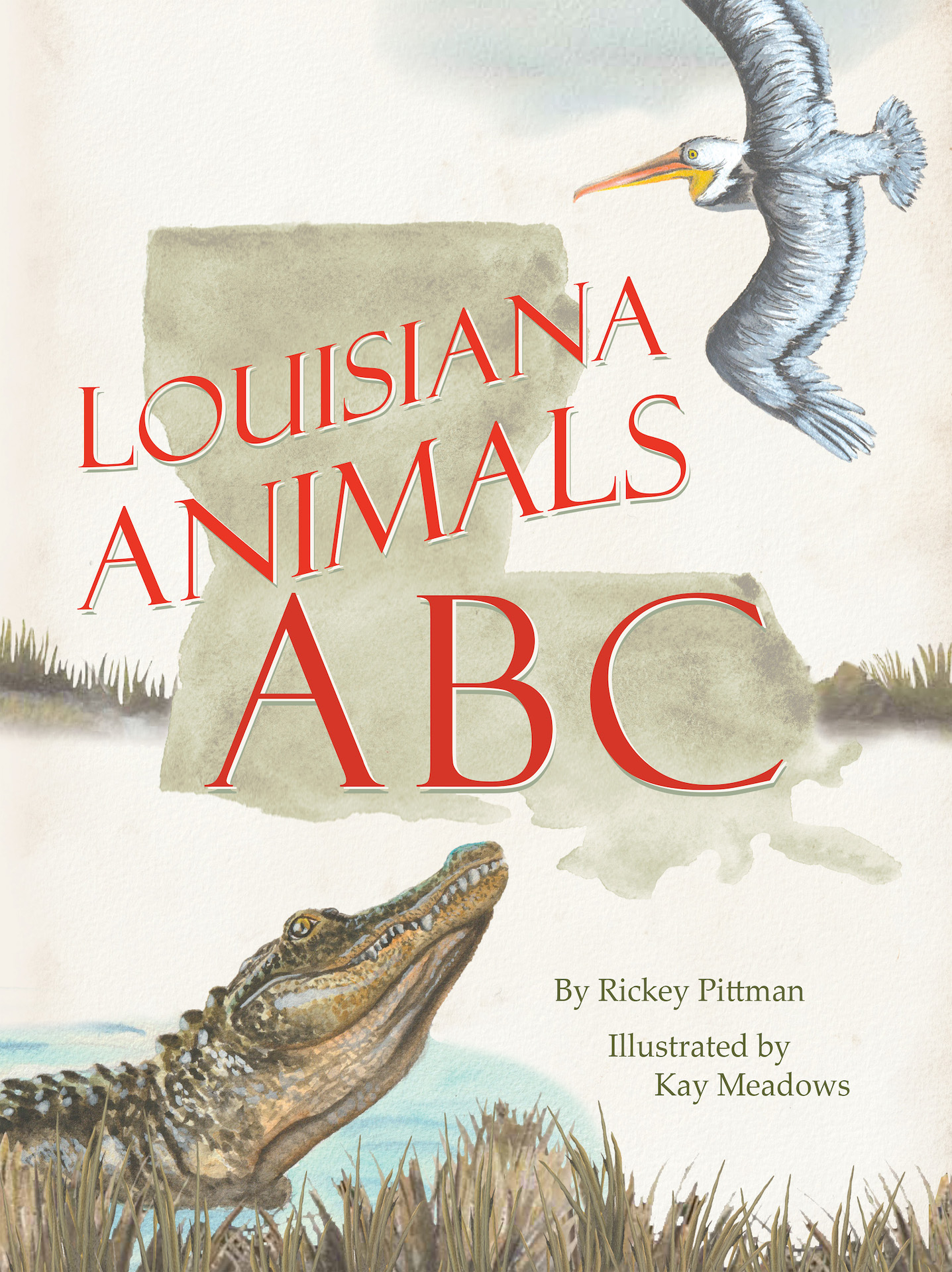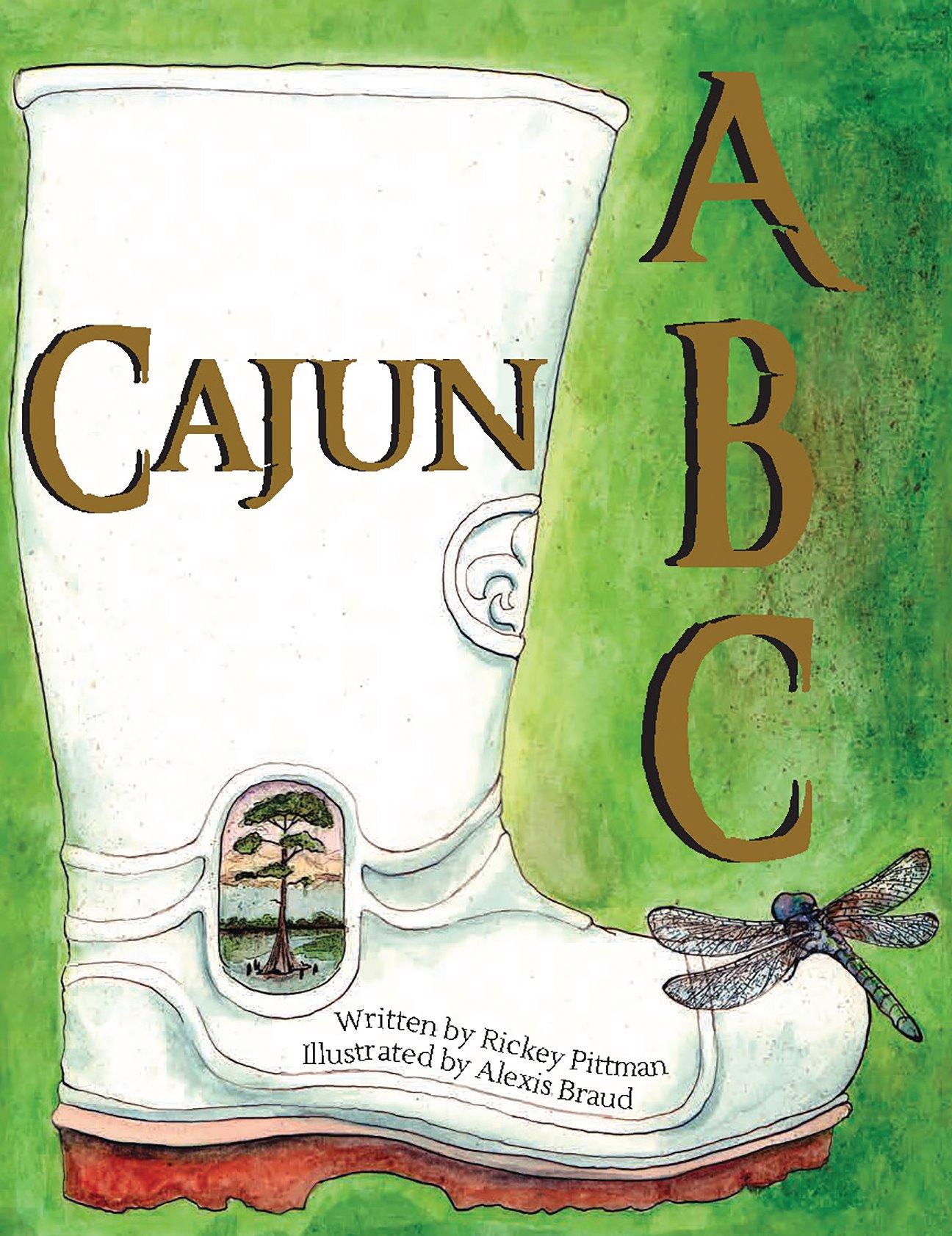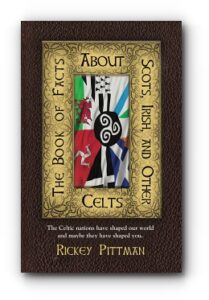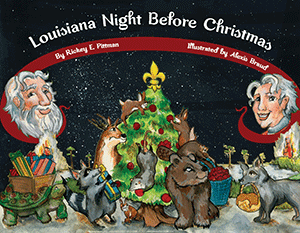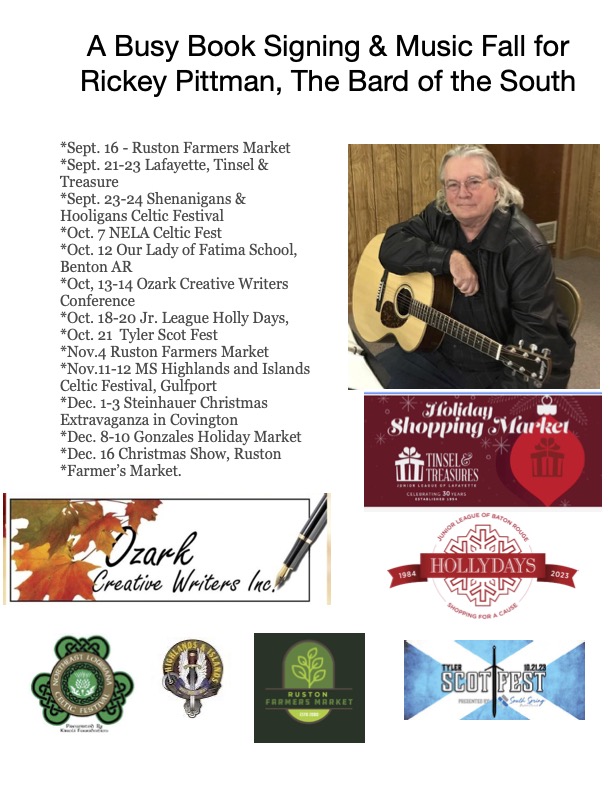The definition of a slippery slope is an idea or course of action, that will lead to something unacceptable wrong, or disastrous. Politically, we have many possible examples of fads that have backfired. A fad is an intense and widely shared enthusiasm for something, especially one that is short-lived and without basis in the object’s qualities; a craze. For example, here are a few fads that have not turned out well, that have caused individuals, families, organizations, and our nation to tumble down slopes as we attempt to navigate our way on the difficult terrain of slippery ice.
1. Transgender fad:
2. Ending the construction of the border wall. The open, porous border has allowed sex trafficking, floods of drugs (killing thousands of Americans), cartel activity, terrorist presence, and gangs.
3. Sanctuary cities: The idea sounded so noble, but living with the reality of providing sanctuary to the hordes who have invaded our land illegally has shown that the idea is unsustainable.
4. No cash bail, release of recidivist criminals. Defunding police.
5. Not prosecuting minor crimes, forbidding the pursuit of criminals.
6. Not dealing with mob violence, riots, and destruction of property, Black Lives Matter and Antifa were given a pass.
7. War on fossil fuel in America. That cost us energy independence.
8. Electric car fad: These cars are too expensive, unreliable, and there is a power supply problem.
9. Hatred and persecution of President Trump. Blind support of Biden. There’s lots of buyer’s remorse for voting for Biden. Why was there so much hatred for Trump? I know why the rich, liberal elite hated and feared him: he exposed their corruption and threatened their power. The average Trump hater’s reasons?
10. Believing more or free money is the answer to all ills.
11. The hysterical fad of climate change.
12. The anti-Israel fad. I never thought I’d see Holocaust deniers in academia.
These fads have consequences. There is a cause and effect. It is obvious that many of our major cities–due to fleeing businesses, out-of-control crime, fleeing residents, massive homeless populations, and declining tourist trade–are becoming slum dystopias. While the idea of a slippery slope can be used as a fallacy, slippery slopes do exist and our nation is on one. Get ready for a rocky, roller coaster ride.


